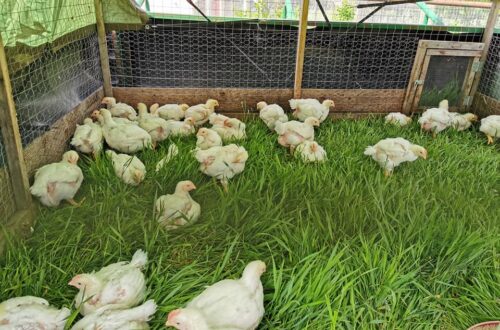-
Deworming Poultry
Yes, you need to deworm your poultry! Ideally at least twice a year, or as advised by your vet. How do you know if your birds need to be dewormed? Well, as a rule of thumb, you’re not looking for actual worms in their feces. In fact, if you do see worms, your birds are already dangerously infested with worms. I once bought a trio of birds and was horrified when I saw their poop the next morning and it was absolutely loaded with round worms. Yuck!! So, besides seeing worms, how do you know they need to be treated with an anthelmintic (dewormer)? Well, you may notice a general…
-
PUMPKIN DOES NOT ACT AS A DEWORMER
1.) The substance (cucurbitacin) thought to be effective as a dewormer is found mainly in the roots of some species of pumpkin, and to a lesser degree in the fruit and seeds. 2.) Unfortunately, the cucurbitacin is found mainly in very bitter pumpkins, which are not the kind that have been domesticated and are commonly available.“The bitter and toxic compounds inthese vegetables are cucurbitacins, which are well known in wild varieties of these food plants and their related species. The cultivated forms, on the other hand, have during the time in cultivation been selected for being free of the bitter and toxic compounds.” This is a very good thing, because…
-
Garlic and Chickens
MYTHBUSTING POST! Who is excited? Today, I take on GARLIC. We all know that members of the allium family (onions, garlic, leeks, chives, scallions, etc.) are toxic to most animals. That includes chickens. However, the use of garlic is persistent among chicken keepers, perpetuated by popular “chicken bloggers” who unfortunately, are not qualified to be making veterinary recommendations regarding feeding chickens garlic or anything else, really. In today’s mythbusting, we’re going to look at both sides of the garlic debate. Is it good? Is it not good? Are there things it might actually be good for? Keep reading to find out! **Anecdotal aside** I get a lot of private messages…


